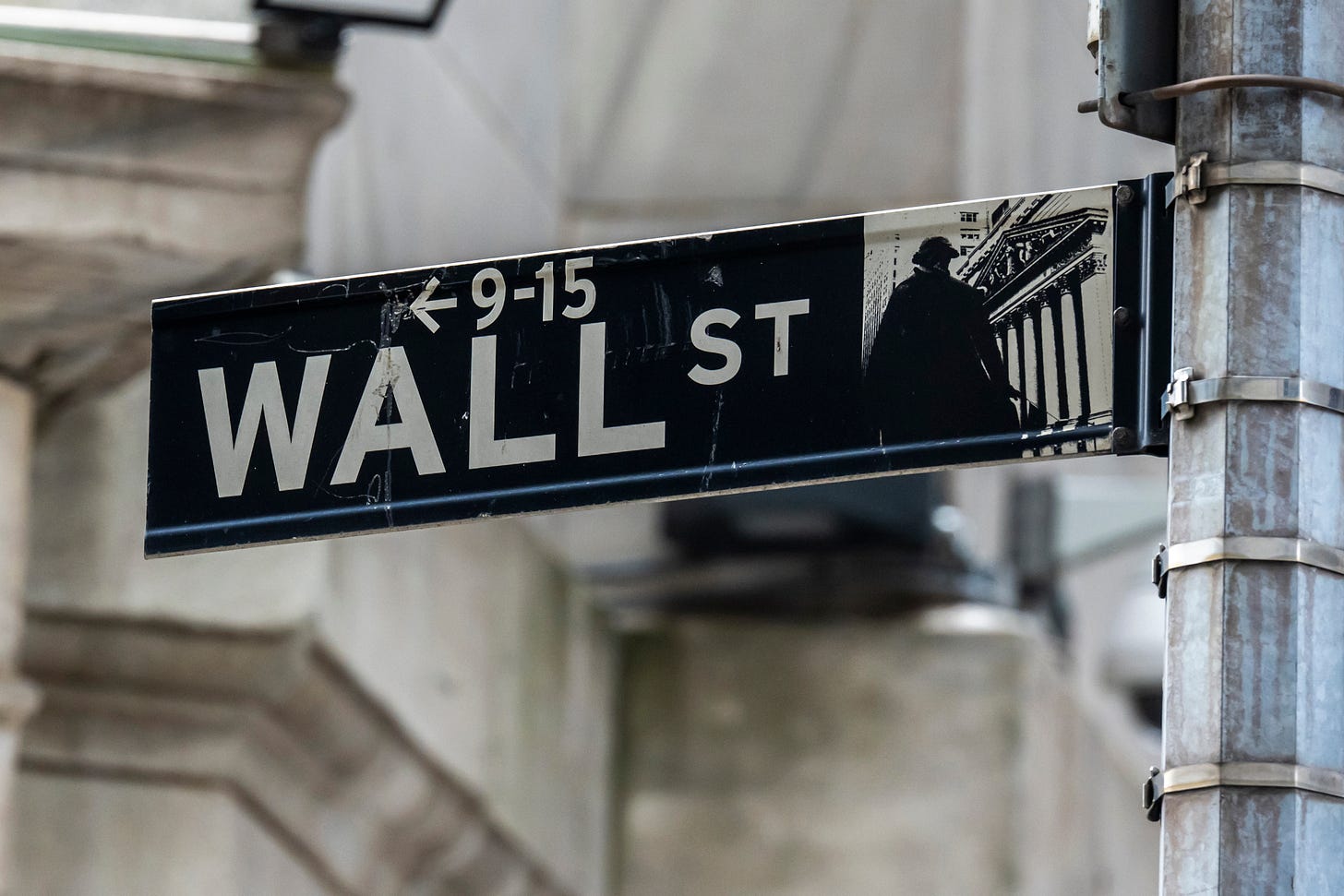Health Tech Investors Cheer Long-Awaited IPOs as AI Spurs Fresh Enthusiasm
Digital health investors have faced challenges in recent years, but recent developments have brought fresh hope, particularly with the integration of AI in healthcare.
Omada Health, a virtual chronic care startup backed by Andreessen Horowitz (a16z) and Norwest Venture Partners, has updated its IPO prospectus to price shares between $18 and $20 ahead of its anticipated debut next week. This move follows the successful IPO of Hinge Health last week, which provided welcome liquidity for early investors like Insight Partners, Atomico, 11.2 Capital, and Bessemer Venture Partners.

The healthcare technology sector is seeing increased activity in AI, with startups like OpenEvidence and Abridge raising significant funding at high valuations. Investors are particularly interested in AI health tech startups that are developing tools to assist in diagnosis and treatment, such as Hippocratic AI, which has raised $141 million in Series B funding.
Other startups like Brellium and Thatch are automating compliance and benefits work, while companies like Limbic are developing AI chatbots for mental health symptom screening. The NHS is already a customer of Limbic, which has also launched a voice AI tool in the US.
According to PitchBook data, health tech AI investing rebounded to $13.8 billion in 2024 after a multi-year lull and is on track to surpass that in 2025. However, the number of deals has decreased as investors concentrate capital into late-stage winners.
The venture capital landscape is also seeing a shift, with first-time VC funds becoming increasingly rare. Only 44 VC funds were launched by first-time fund managers in Q1 of 2025, compared to 994 in 2022. This trend is attributed to family offices and wealthy individuals pulling back from venture investments.
Investors Rush to Back AI Medical Assistants
The market for healthcare AI assistant startups remains robust, with significant investments in companies developing innovative solutions. Startups are creating infrastructure around large language models to make them safer for patient care, with firms like OpenEvidence and Akido Labs training models on healthcare-specific data.
Private medical practices have been quicker to adopt these tools than larger hospital systems, but hospitals are taking generative AI tools seriously, with discussions happening at the board level.
VC Spotlight: Veteran and Rising Stars
The venture capital world continues to evolve, with both experienced investors and newcomers making significant gains. Jim Breyer, a veteran VC, scored big with his early investment in Circle, which filed to go public at a valuation of around $6 billion. Meanwhile, Kleiner Perkins’ Leigh Marie Braswell, a rising star, has made notable investments in companies like Neon and Windsurf.
These developments highlight the ongoing activity and potential in the health tech and AI sectors, despite challenges in the venture capital landscape.

